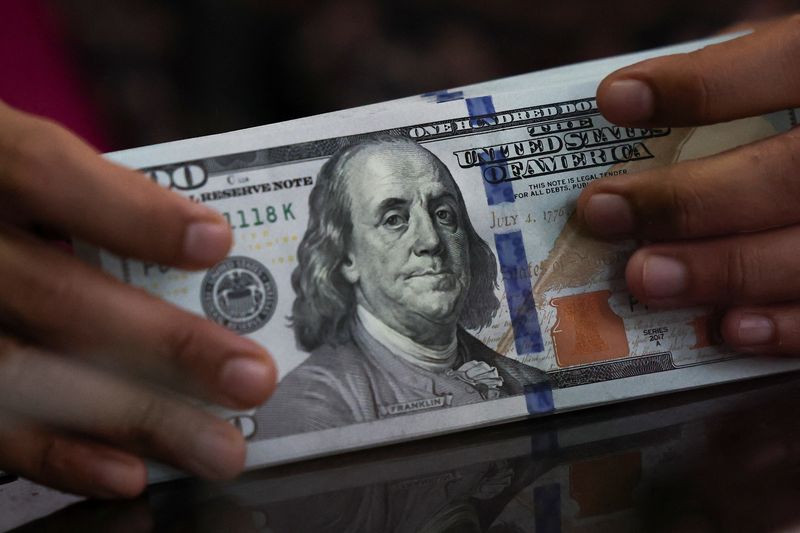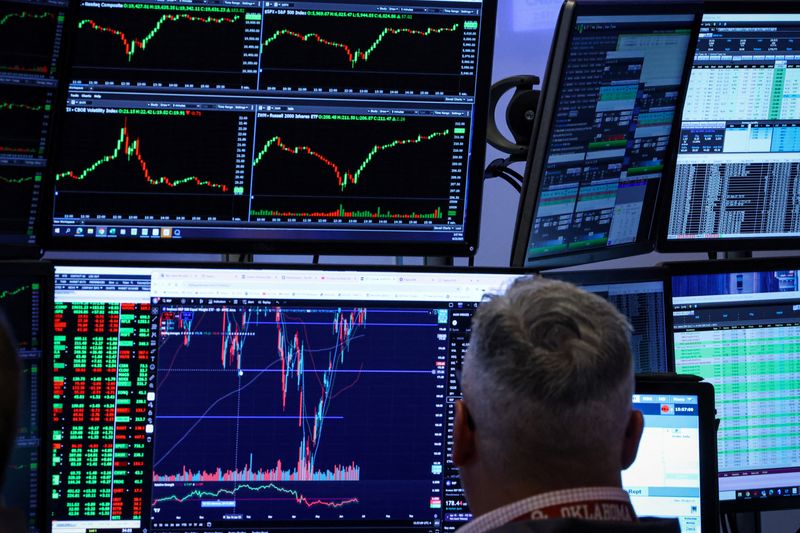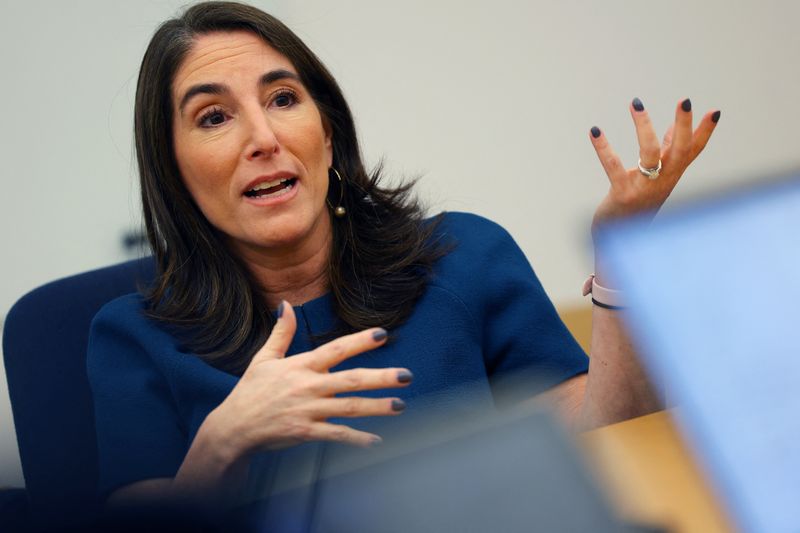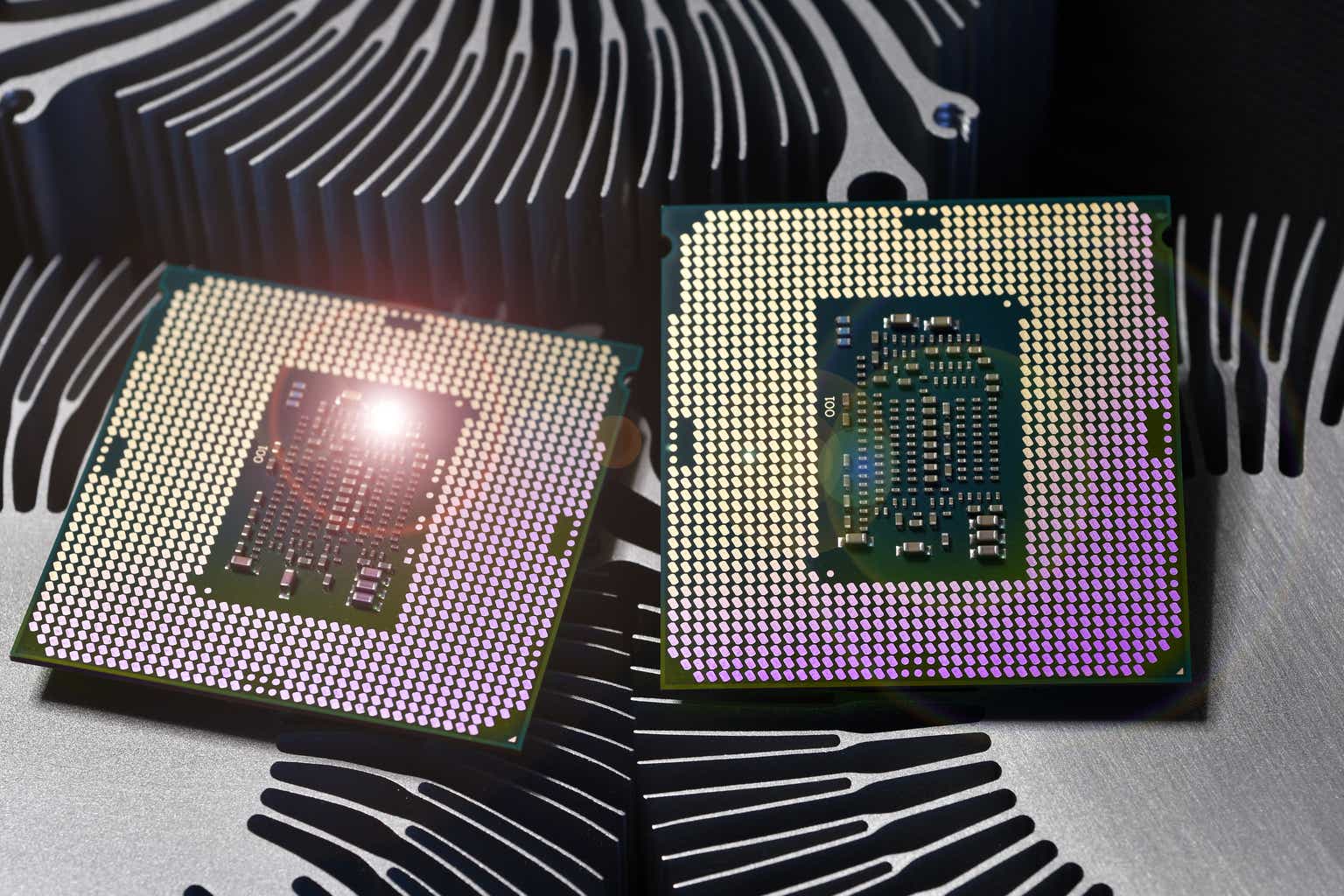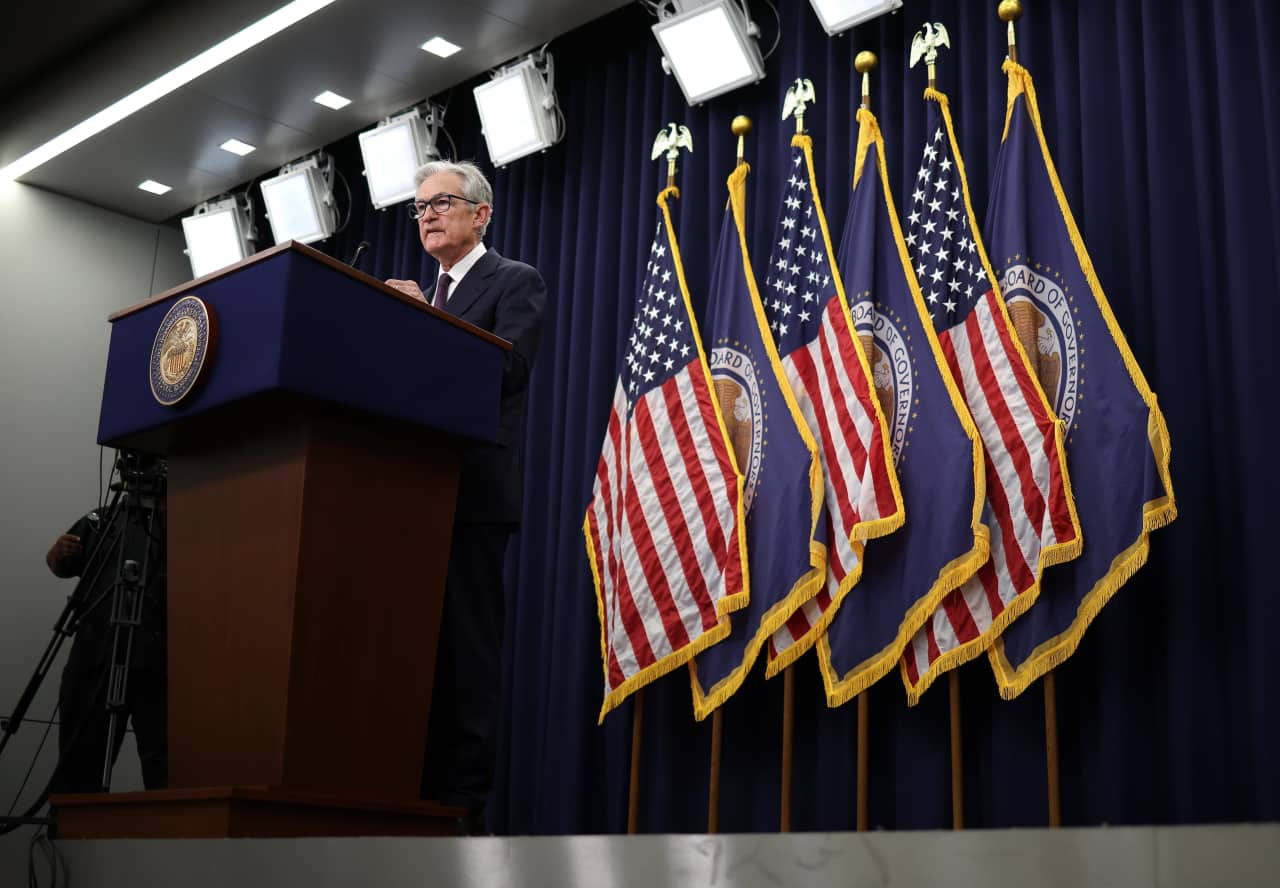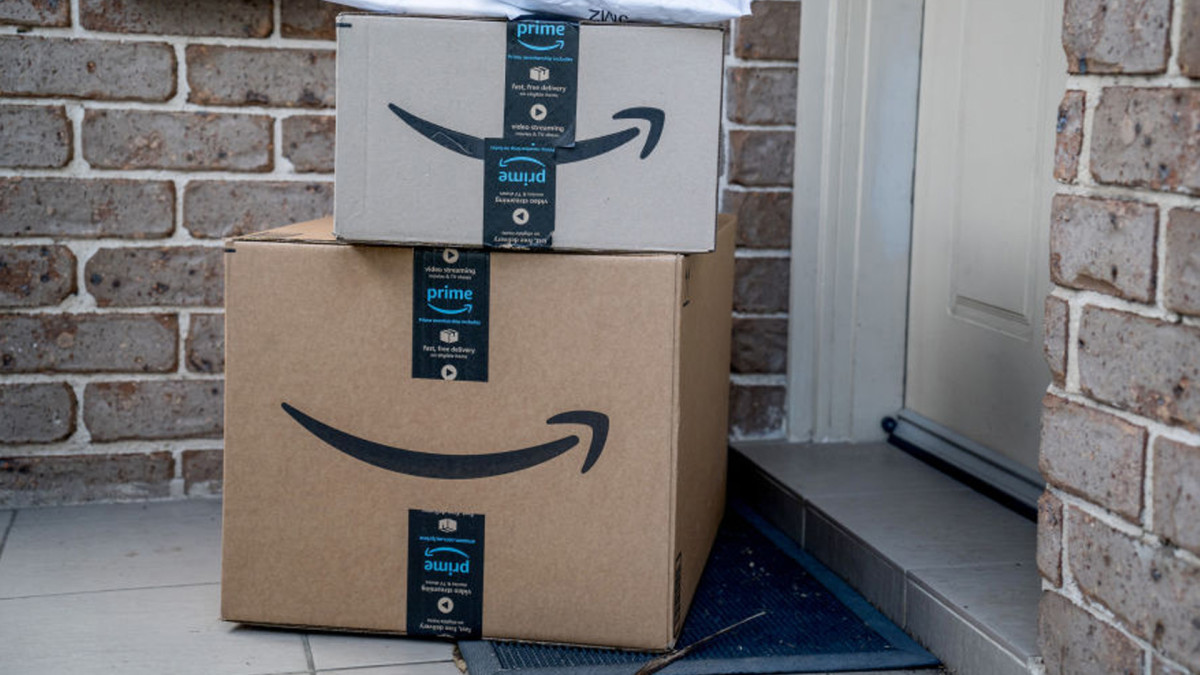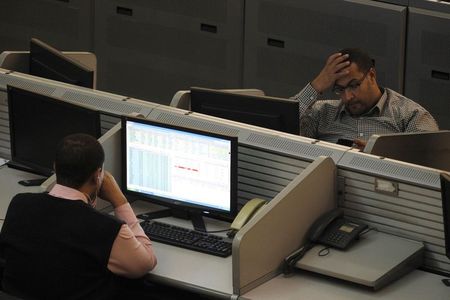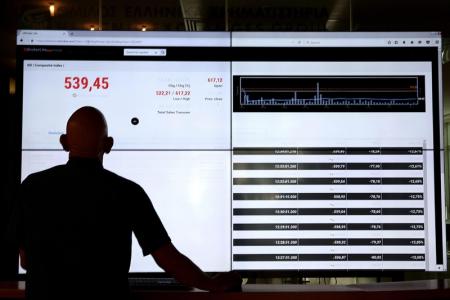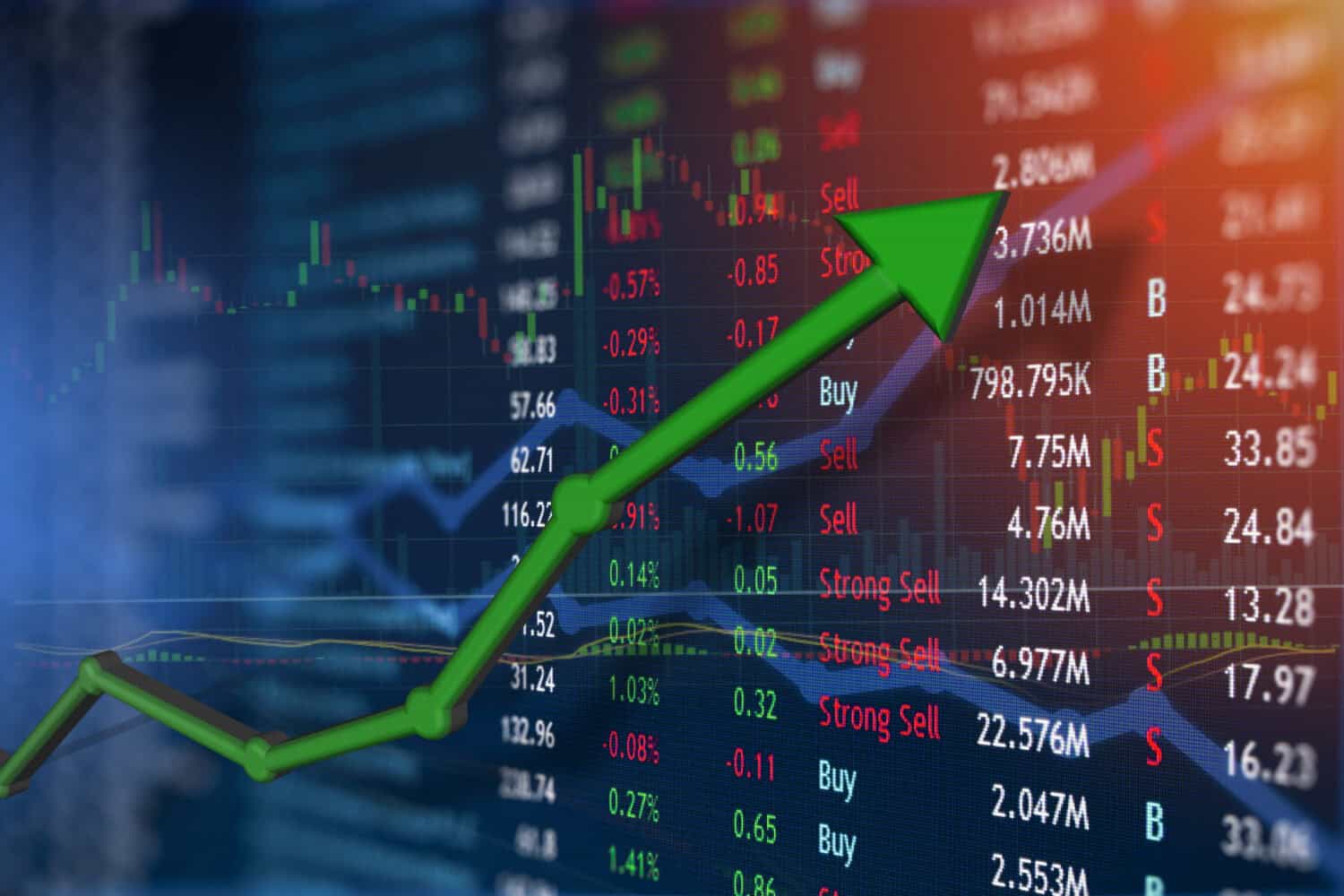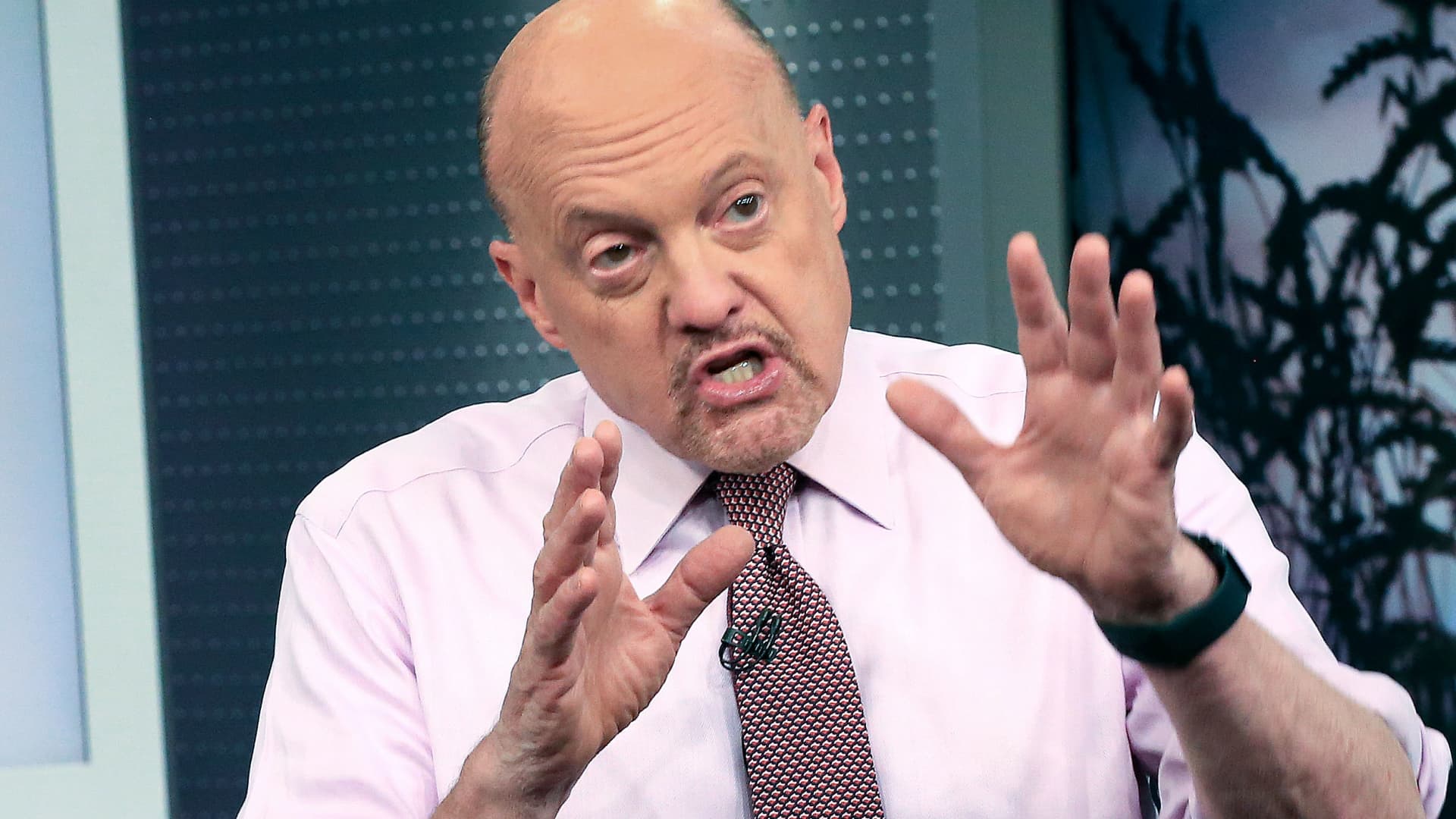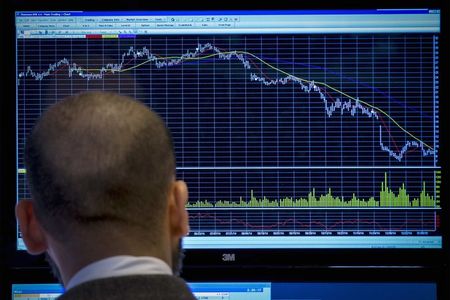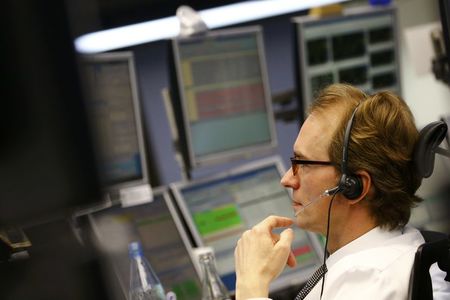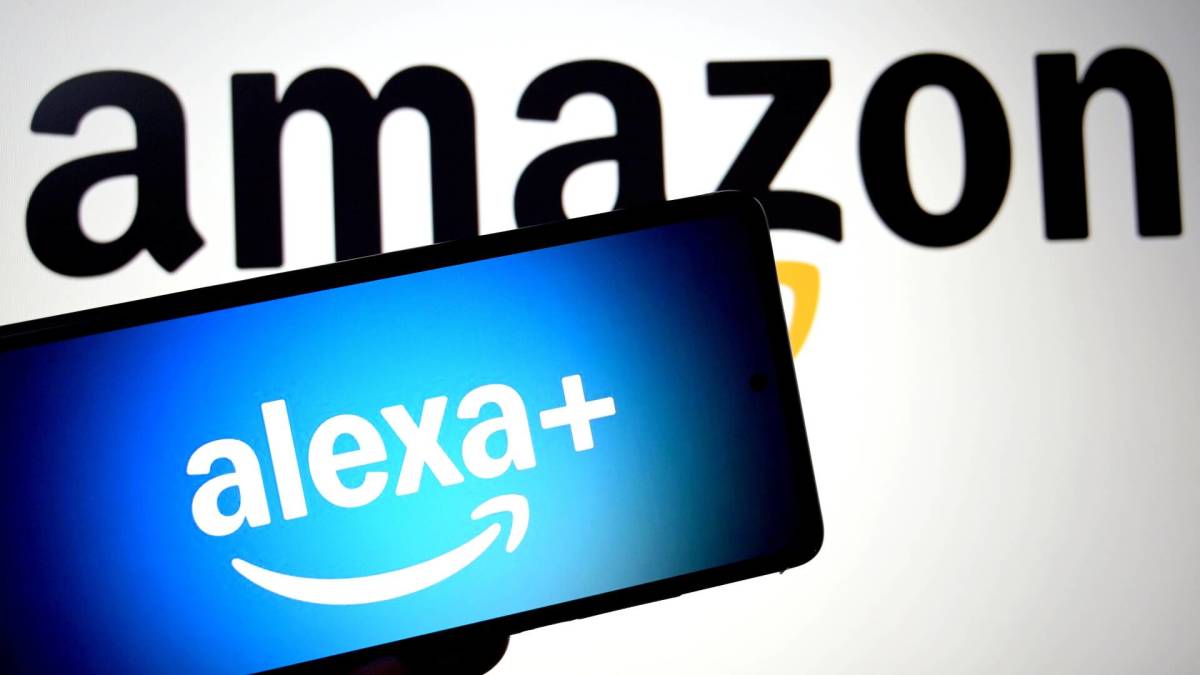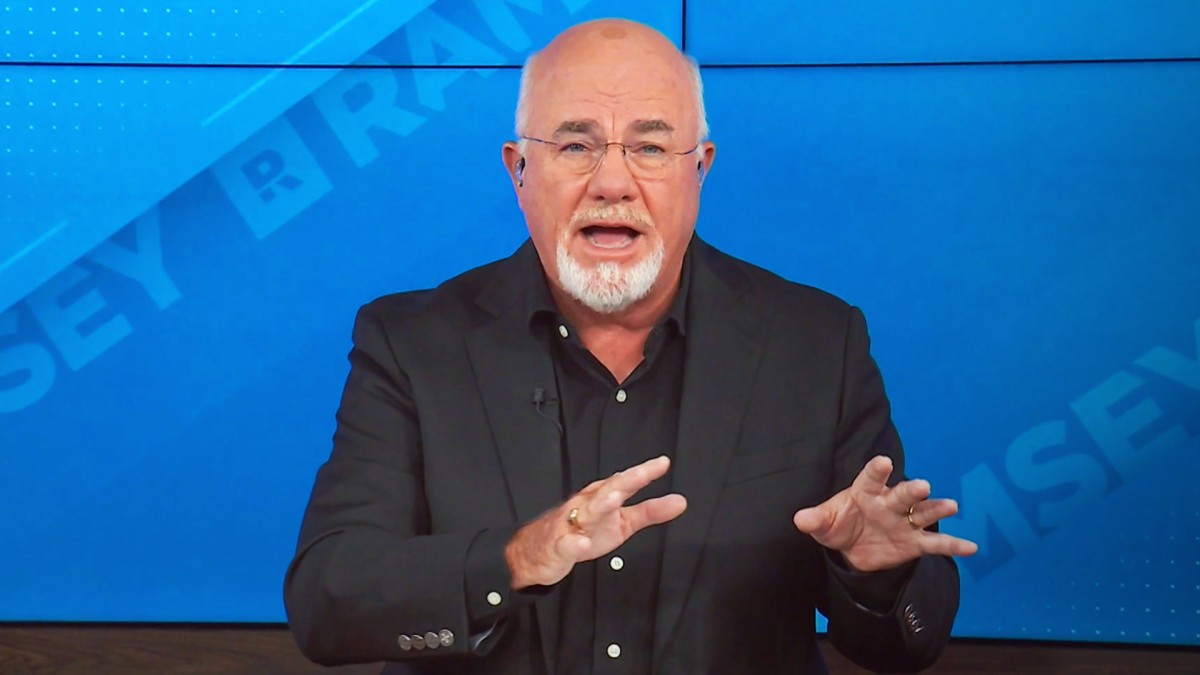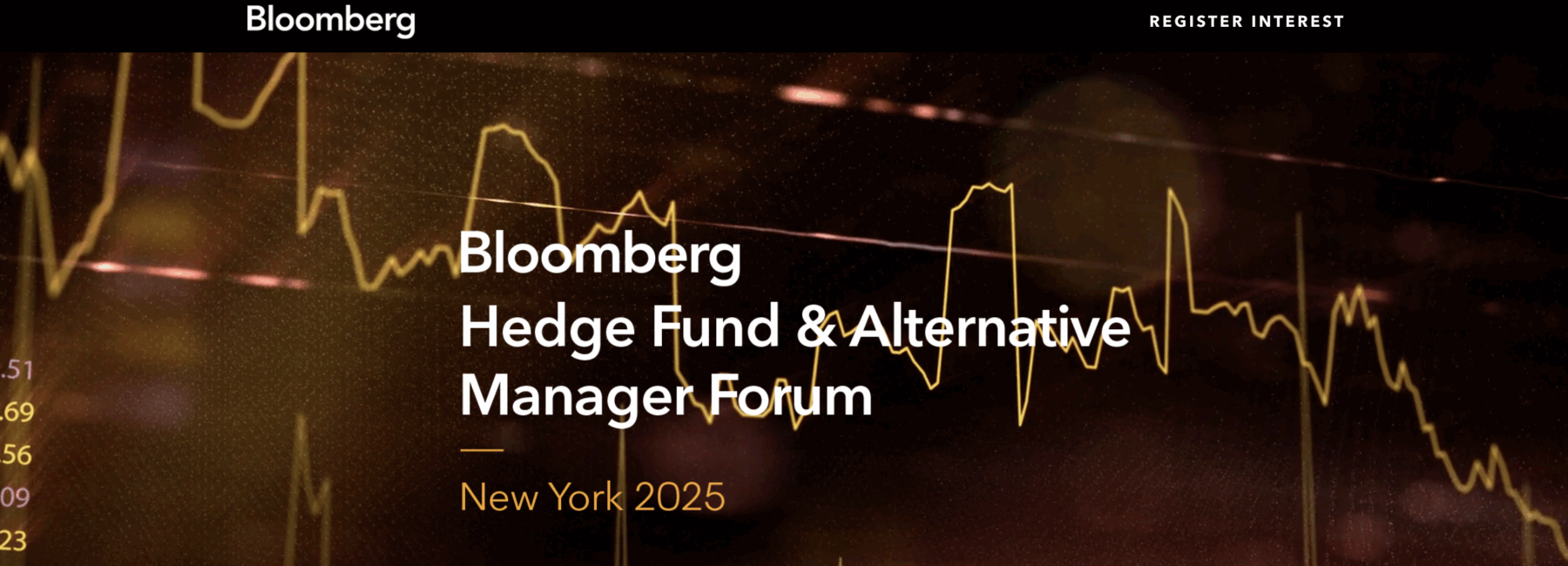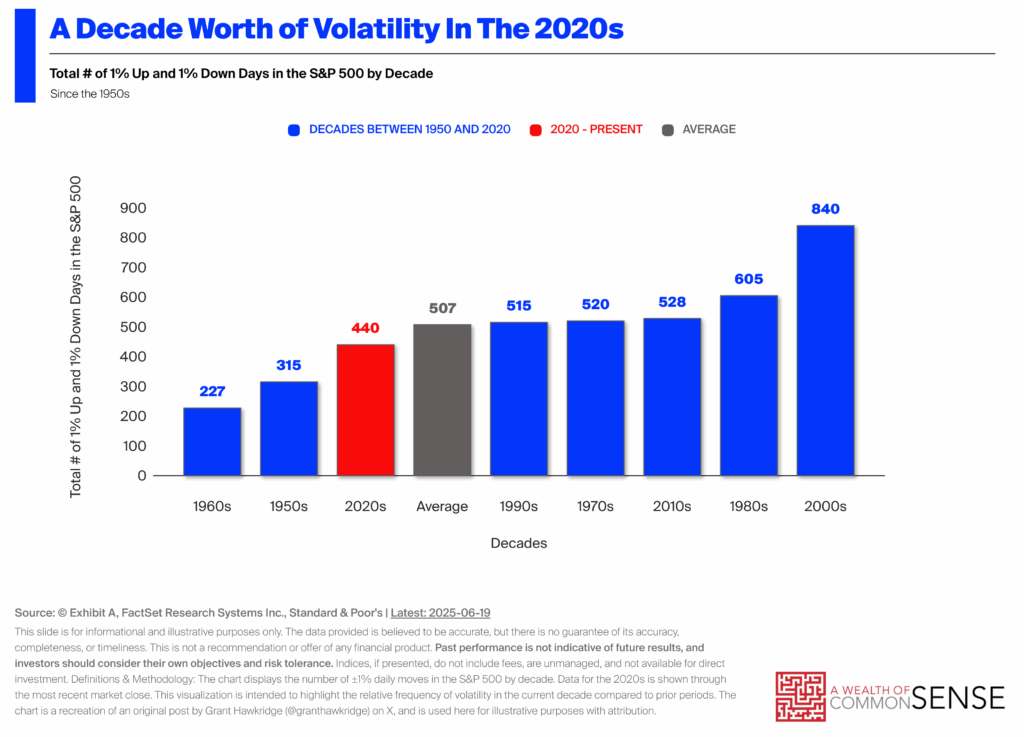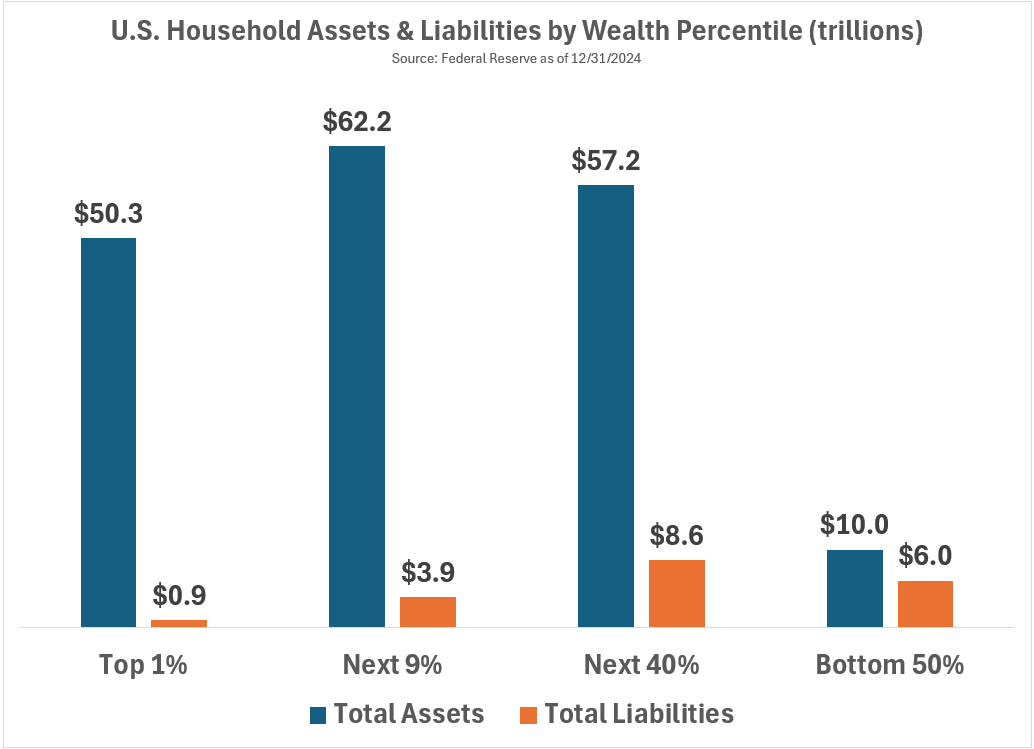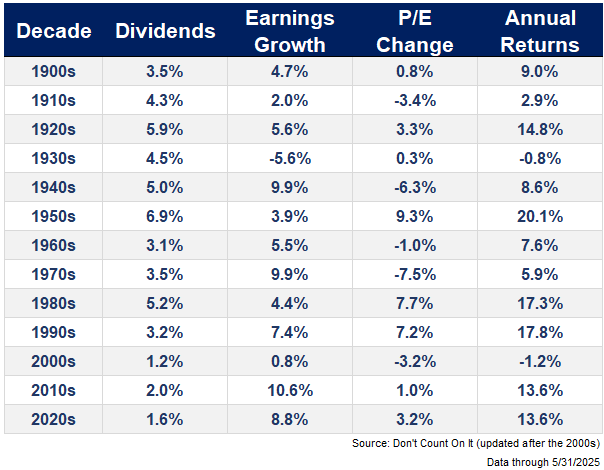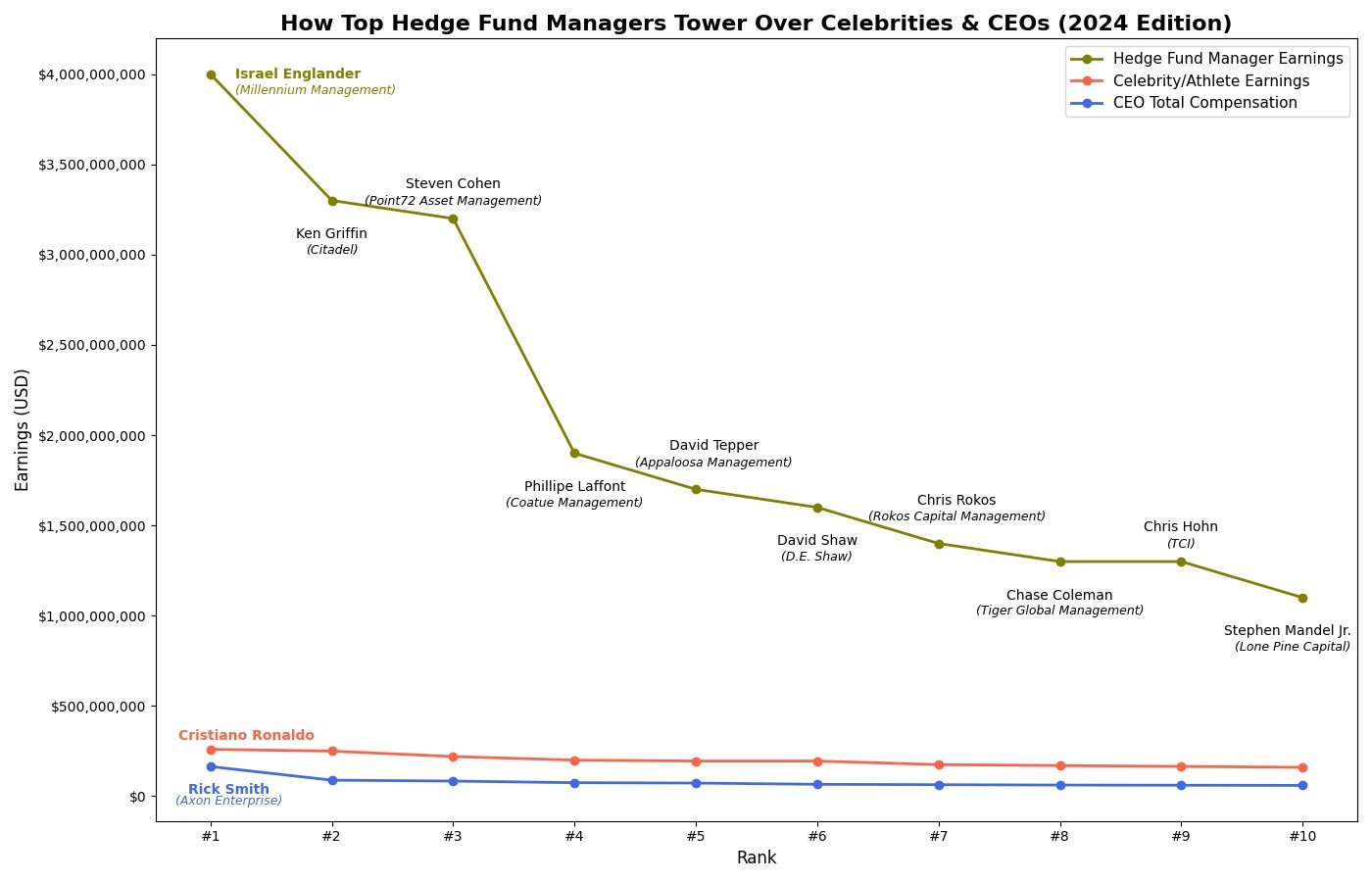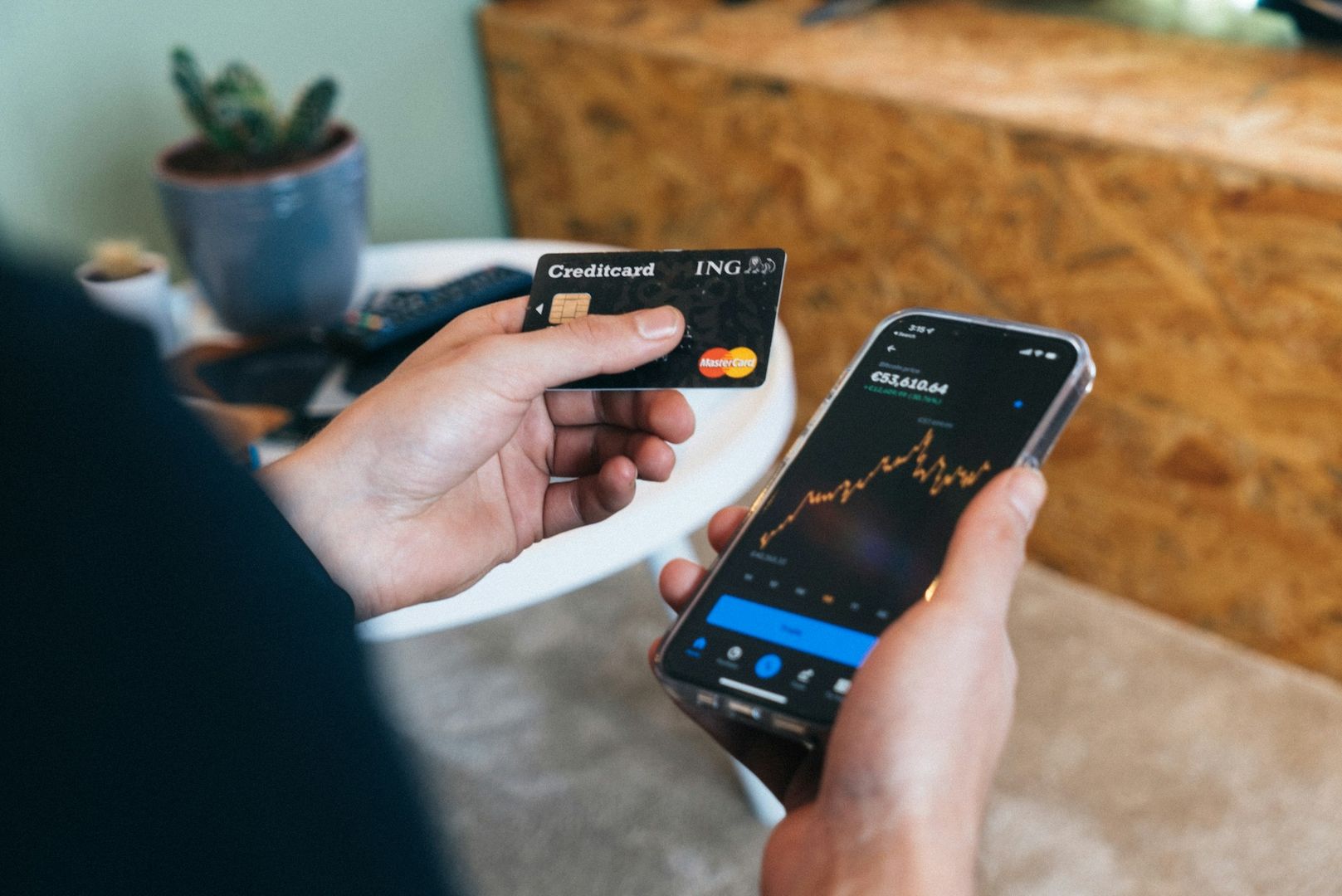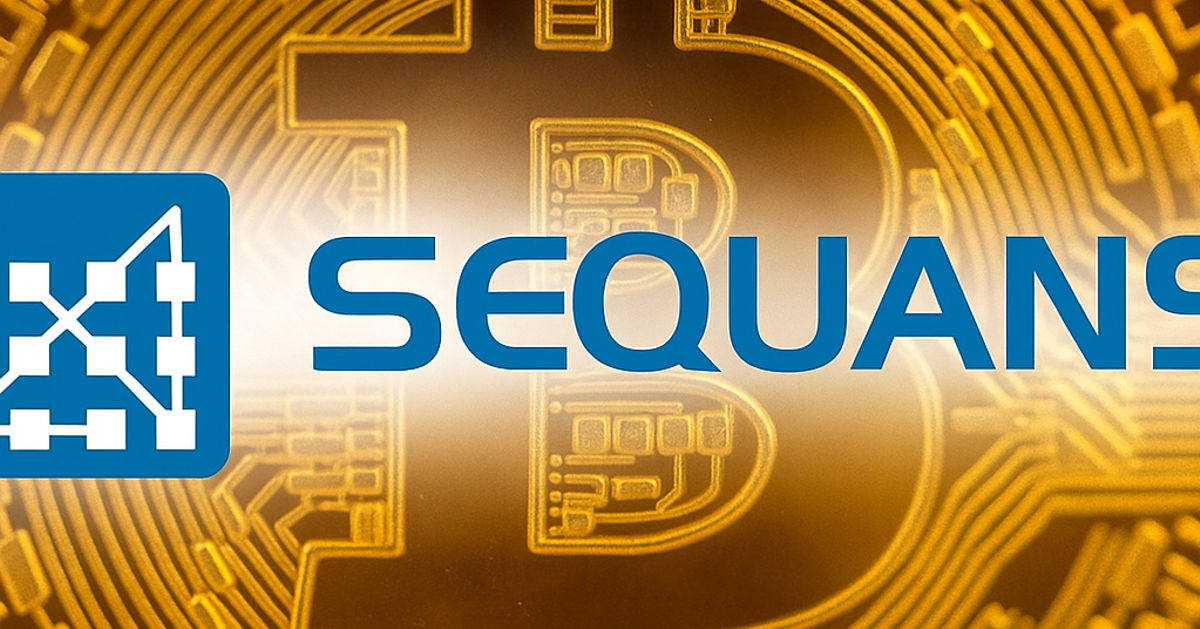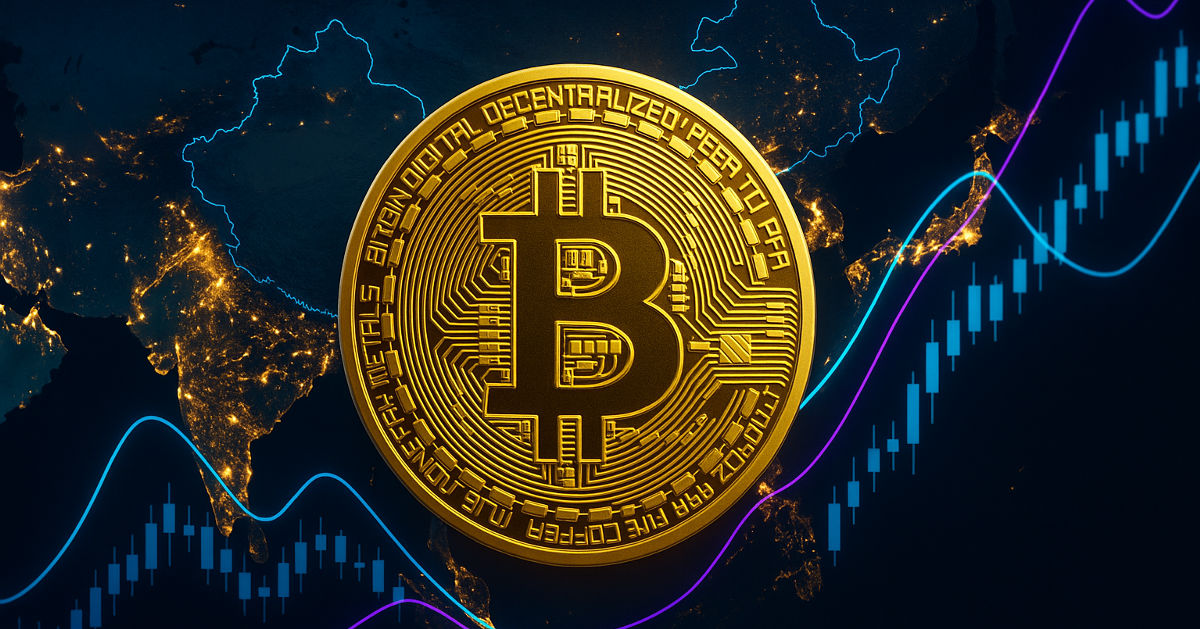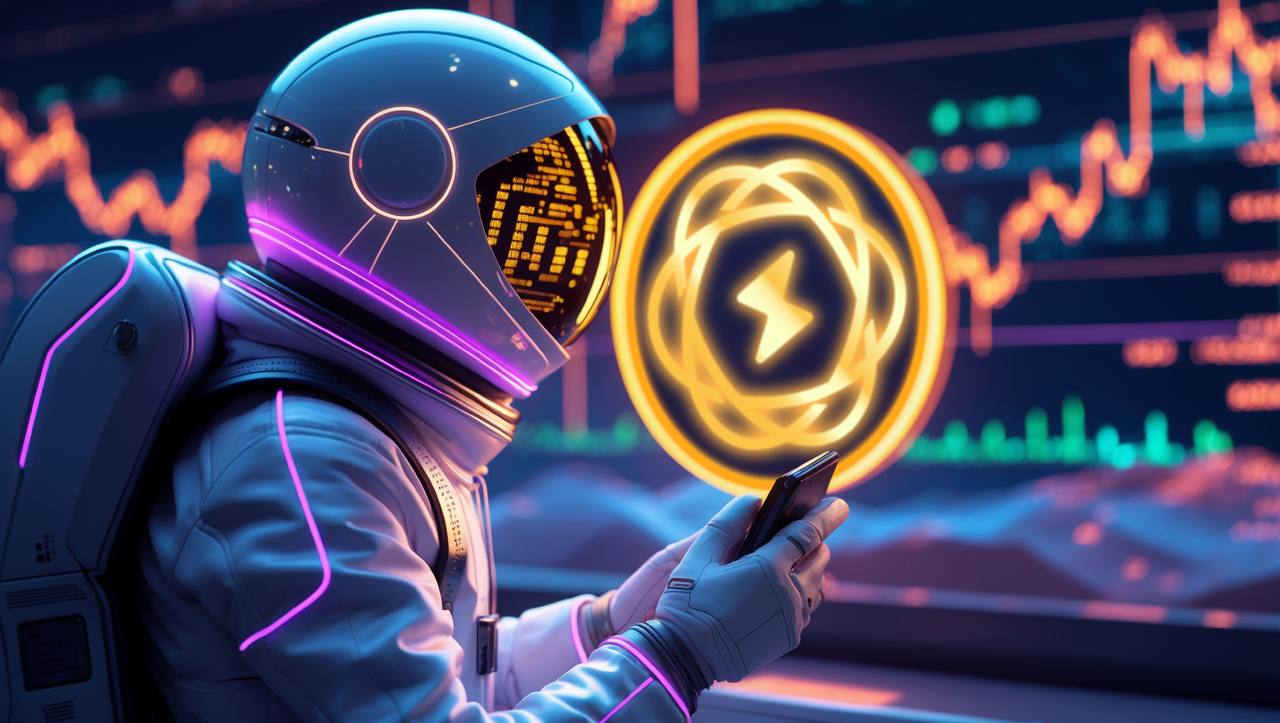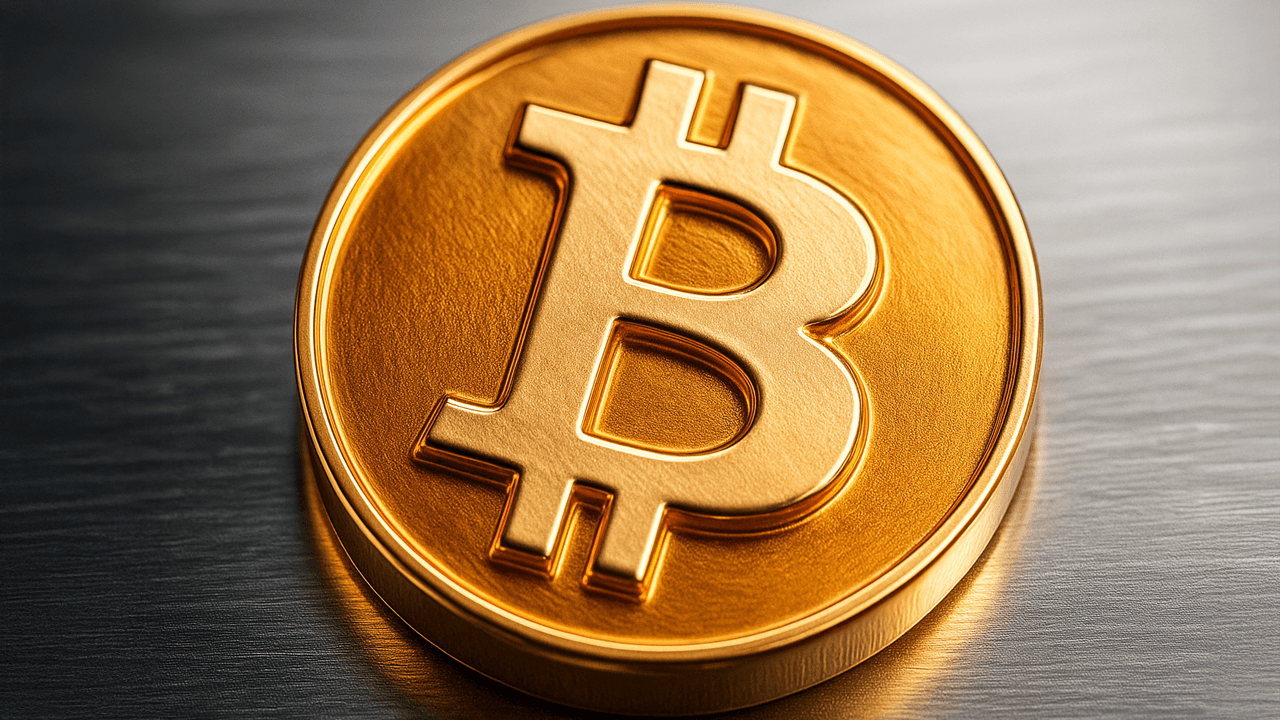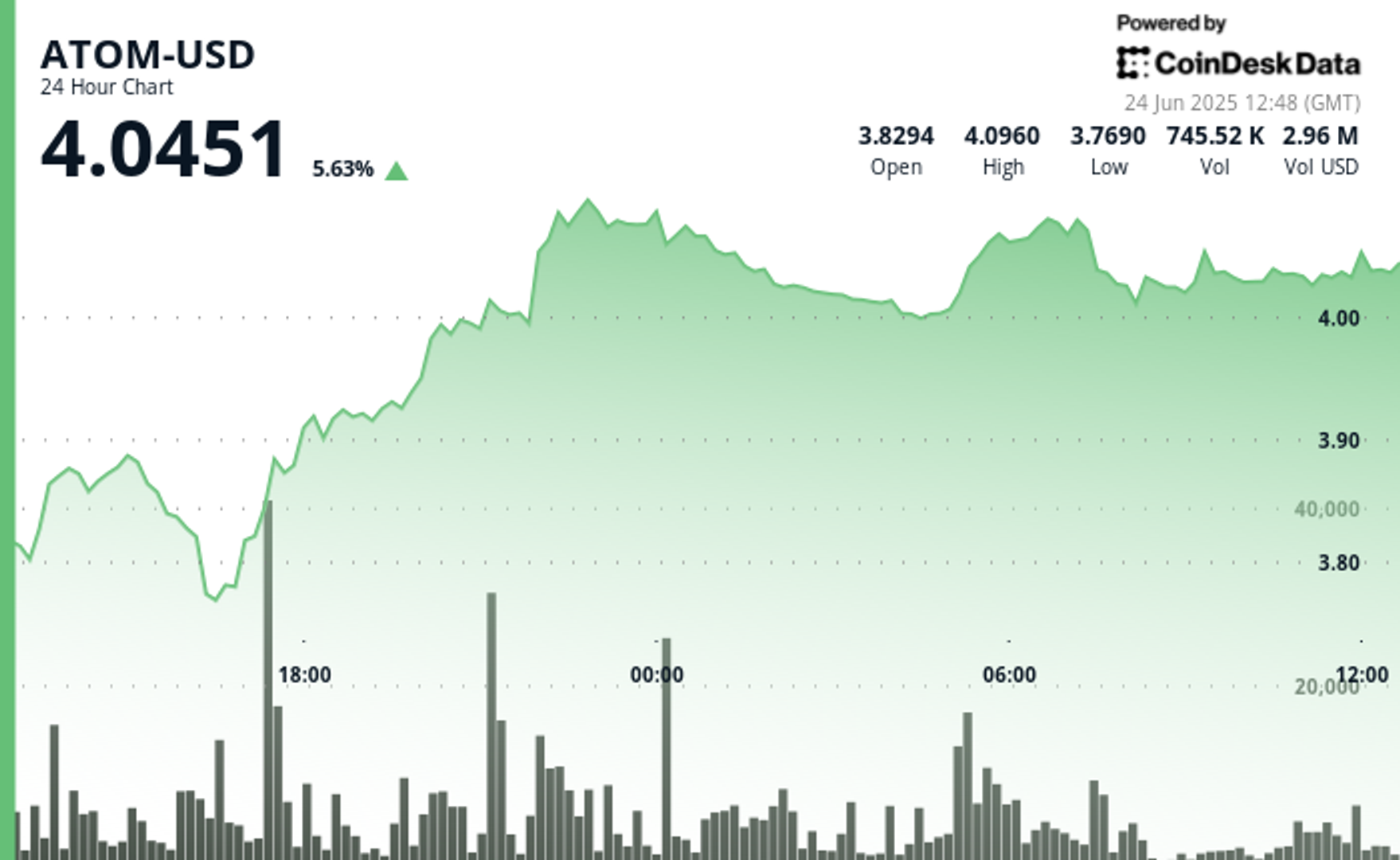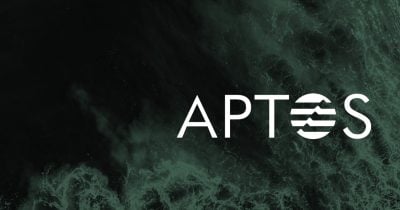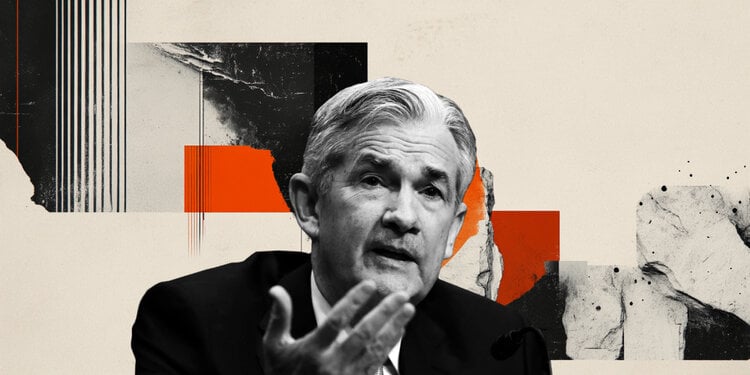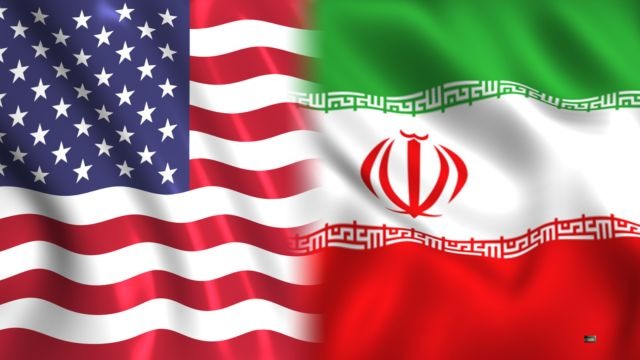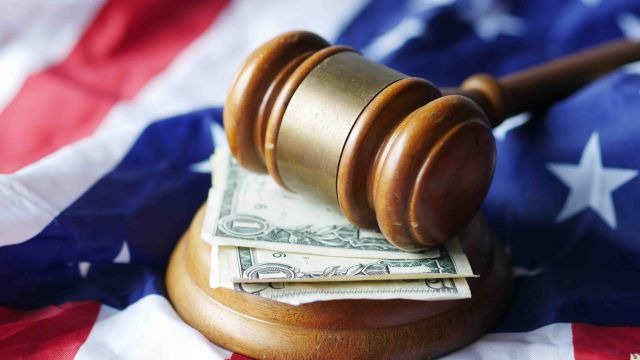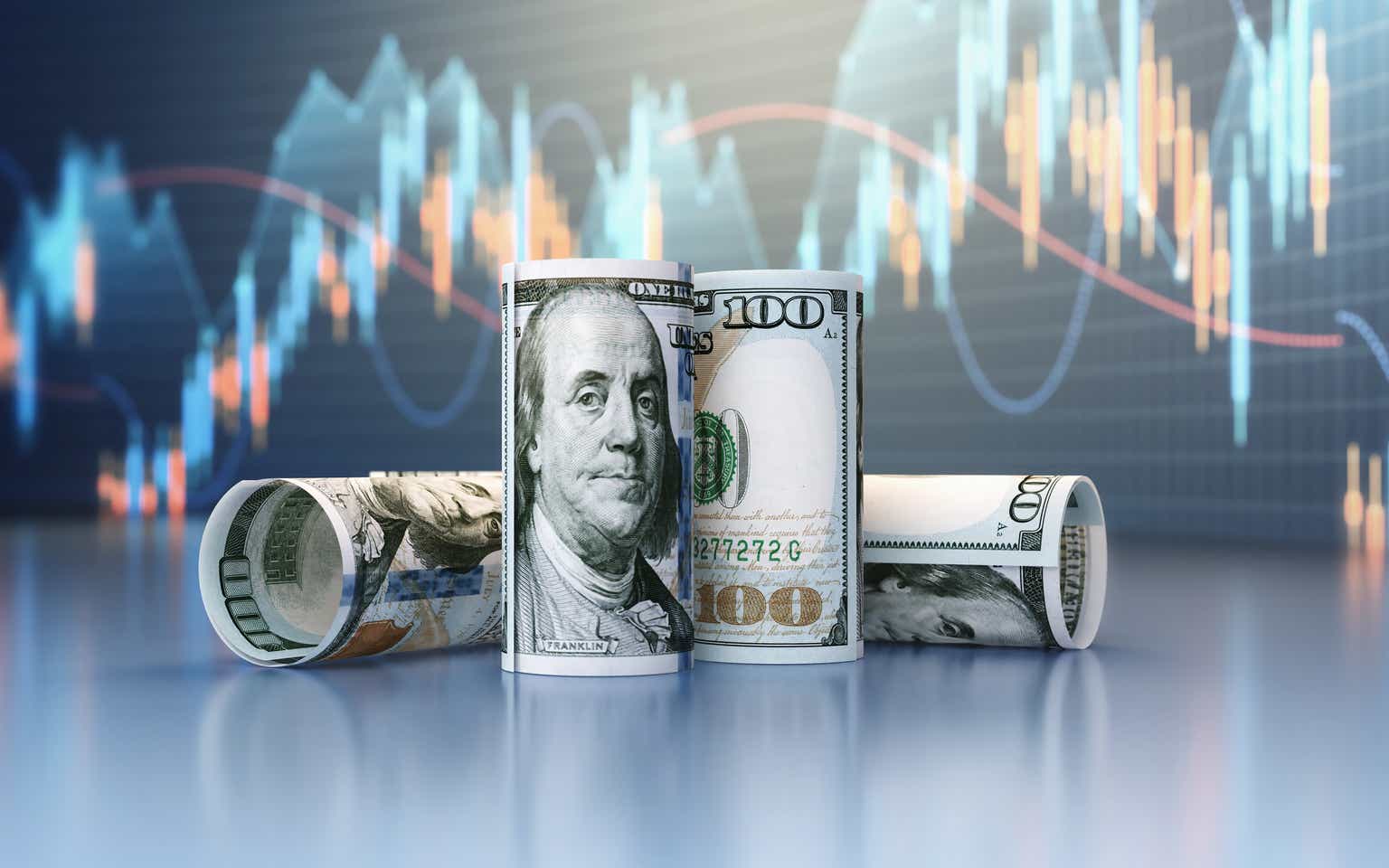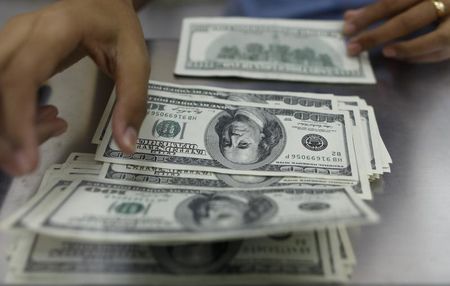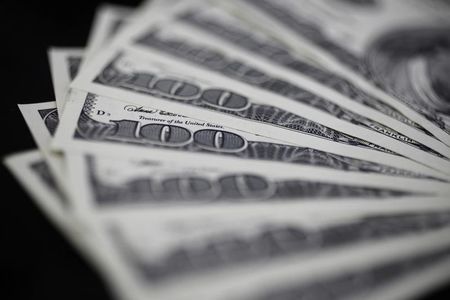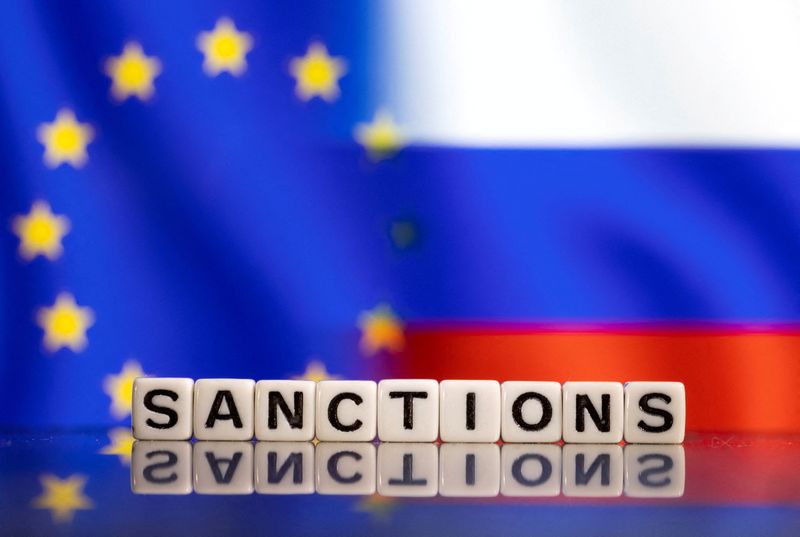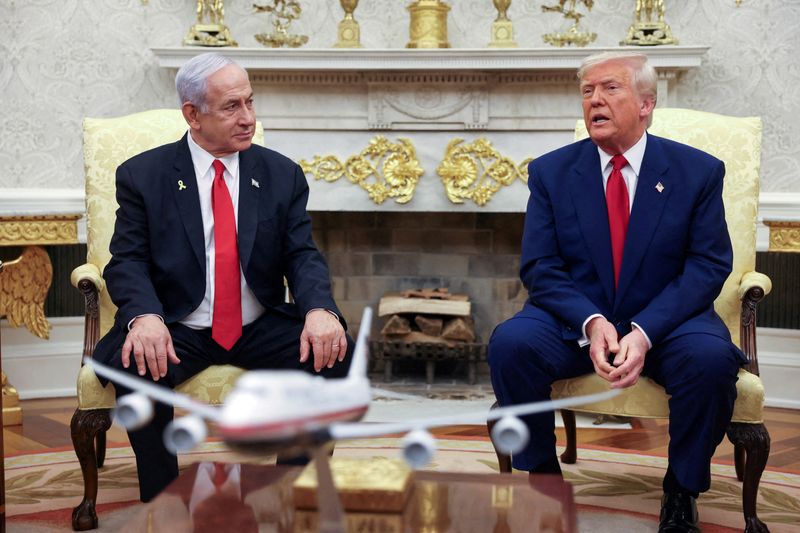Exclusive: Mastercard joins USDG stablecoin group, adds support for PayPal and Fiserv tokens
The publicly traded company also said it would let members of its cross-border payments network use stablecoins.

Mastercard isn’t waiting for crypto companies to supplant its massive payment network. Instead, it’s joining them. On Tuesday, the publicly traded company announced that it had entered the stablecoin consortium Global Dollar Network, which includes the online brokerage Robinhood as well as the crypto exchange Kraken.
Launched in November 2024 by the crypto company Paxos and six other partners, the consortium lets members mint, or create, the network’s stablecoin USDG, a cryptocurrency pegged to the U.S. dollar. Members of the group share the interest earned from the reserves backing the stablecoin, which are usually U.S. Treasuries.
In addition to USDG, Mastercard said it was adding support for PYUSD, or PayPal’s token, as well as FIUSD, a recently launched stablecoin from the banking technology provider Fiserv. Mastercard already supports USDC, the stablecoin issued by the company Circle, which recently went public in one of the year’s hottest IPOs. (These firms are not part of the USDG consortium).
“If the stablecoins are well-formed, well-regulated, and they meet our criteria, we will enable them in a variety of use cases,” Raj Dhamodharan, an executive vice president at Mastercard in charge of the company’s crypto and blockchain efforts, told Fortune. He declined to say whether his company planned to add support for USDT, the most popular stablecoin whose issuer Tether has long been in the crosshairs of regulators.
Mastercard also said it was adding stablecoins to its cross-border and remittances network called Mastercard Move, whose customers include MoneyGram. The remittances company did not immediately respond to a request for comment on whether it plans to let its own customers send or receive the tokens.
The GENIUS Act
Mastercard’s decision to wade further into crypto comes as stablecoins, or cryptocurrencies that are pegged to real-world assets like the U.S. dollar or the Euro, have become one of the buzziest sectors in Silicon Valley outside of AI. Even Big Tech giants like Meta, Apple, Airbnb, and X are exploring the technology.
While stablecoins have been around for more than a decade, they have recently attracted the support of Congress. Last week, in what industry boosters said was a watershed moment for the technology, the Senate passed the GENIUS Act, a bill that regulates stablecoins. The legislation is now under consideration in the House.
Proponents say the digital assets, which users can send to one another in seconds, can modernize legacy payments infrastructure. There are also signs the market views them as a challenge to incumbent payments giants like Mastercard and Visa. After the Senate passed the GENIUS Act, the stocks of both payment network providers dropped. Mastercard’s shares were down 5.6% in the day after the legislation passed. Visa’s stock was down 5%.
Dhamodharan, the Mastercard executive, said that it’s a mistake to think that his company is late to the game. The payments giant acquired the blockchain analytics company CipherTrace in 2021, has partnered with crypto companies to issue a swathe of crypto credit cards, and has been building out what it calls its Multi-Token Network, which Dhamodharan once described as an “app store” for regulated crypto products. “We’ve been busy at work,” he said.
As part of Tuesday’s announcement, Mastercard said that Fiserv, whose clients include banks, credit unions, and a host of other financial companies, will connect to the Multi-Token Network. This would allow Fiserv’s customers to more easily go between bank deposits and stablecoins, Dhamodharan said.
“Stablecoins themselves do not actually make anything happen,” he said. “For it to come to life, for it to be used by people and get accepted by people, you need rails, you need protections.”
This story was originally featured on Fortune.com





